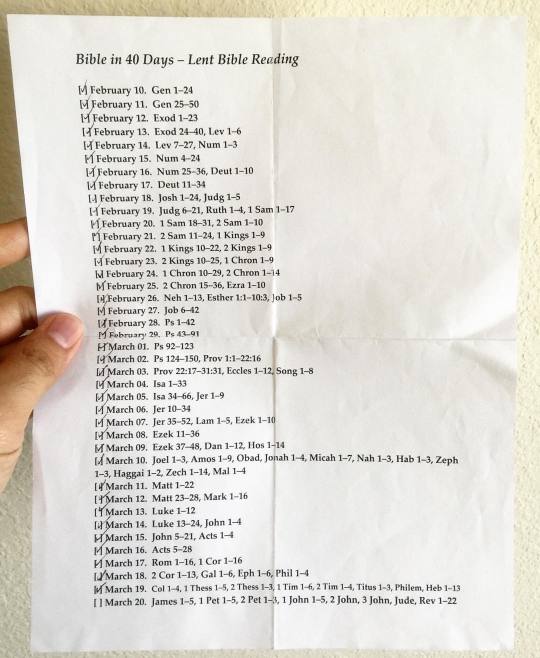horizontescuriosos asked:
I came across one interpretation of Genesis that I thought might be insightful to ask someone about. The idea I found is that Genesis is really an allegory about human sin … Like before sin, Adam and Eve were naked and unashamed. Then Eve tried to sneak eating the apple, sin entered, and from then on Adam and Eve wore clothes out of shame … As a pastor, do you think this idea of Genesis being an allegory for human sin has credit? (Edited for length)
Hey dear friend, I’ve definitely seen Genesis (and much of the Bible) interpreted as allegory, and it’s a legitimate way of reading the Bible, called the Alexandrian method, that’s been around for centuries.
However, I personally view most of the Bible as literal, factual history — or at the very least, I assume that the Bible authors had an original intention that wasn’t meant to be stretched towards a “spiritualized” meaning that says whatever we fancy.
Scripture doesn’t read as an allegorical account, but more like a news periodical. There are parts of Scripture that are definitely allegory, but it’s usually obvious, with the author even saying so.
Ancient accounts of legend only revealed details that were much like Chekov’s gun, which were set-ups for a moral lesson. From the Epic of Gilgamesh to Beowulf to The Odyssey, no detail was wasted. But Scripture would describe things that had no other purpose but to describe them. Jonah talks about buying an actual ticket to board a ship. Peter and his fellow fisherman caught 153 fish, which has no other meaning, except that they caught 153 fish. When Jesus is arrested, a naked guy totally flees the scene. Mythological stories never read this way. Most of Scripture has a prosaic, open-ended description that was not a type of genre for myths back then, but for eyewitness testimony.
While the Alexandrian method certainly has merit, here’s one huge advantage of the literal interpretation of Scripture.
Continue reading “Bible Showdown: Literal Vs. Allegorical Interpretation” →













